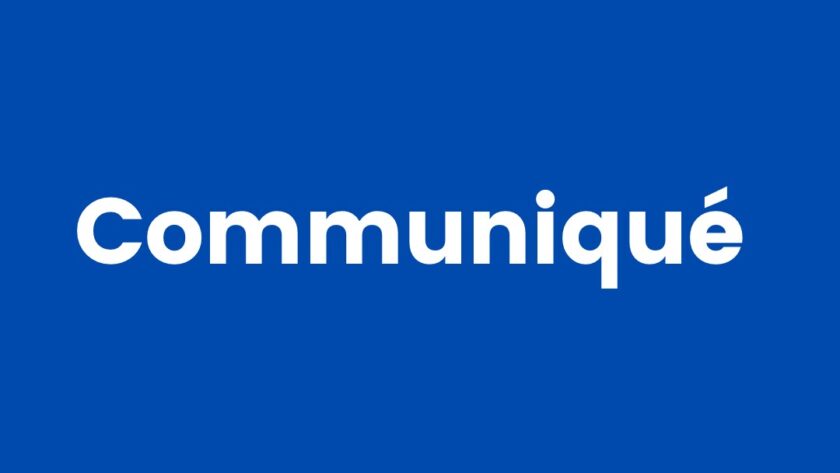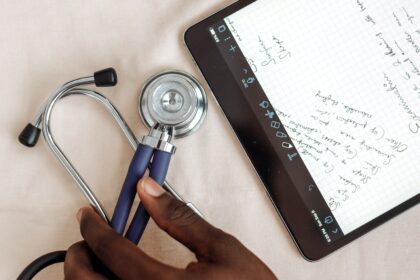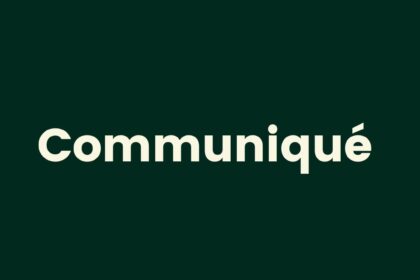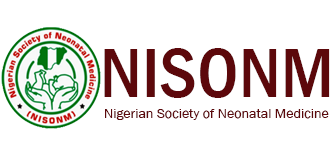The 9th Annual General and Scientific Meeting of the Nigerian Society of Neonatal Medicine (NISONM) took place from 30th June to 1st July 2016 at Nondon Hotels, Enugu. The theme and sub-theme of the conference were ‘Newborn Health in the context of the Sustainable Development Goals’ and ‘Establishing Partnerships for Maternal and Newborn Health: How Far So Far?’ respectively.
The conference was preceded by community mobilization/health talks on how to stop newborn infections, use of 4% chlorhexidine gel for cord care and early initiation and exclusive breast feeding. There was also training of community health workers on helping baby breath and modified essential newborn care. All these took place on the 27 June, 2016 at Ndeabor Community, Aninri LGA, Enugu State. This was followed on the 28 June, 2016 by pre-conference workshops on Modified Essential Newborn Care and Newborn Respiratory Support.
The opening ceremony was chaired by Emeritus Professor J. C. Azubuike (immediate past chairman, Medical and Dental Council of Nigeria). The Minister for Health was represented by the Chief Medical Director of University of Nigeria Teaching Hospital, Enugu, Dr C. C. Amah who also declared the conference open. The keynote address titled ‘Partnership to save the Nigerian Newborns: It takes two or more to successfully tango’ was delivered by Dr Joseph Monehin (FMCPH Team Leader -RMNCH, USAID, Nigeria). The newborn discharge guide was launched and 12 NISONM Zonal Coordinators were inaugurated to coordinate newborn programs in the different 6 geopolitical zones
The conference included five plenary sessions and one scientific session. During the conference the following observations were made with regard to newborn health in Nigeria:
- The burden of neonatal deaths is still high and contributes to one-third of under-five mortality.
- Non availability of Bag and Mask at the primary health care facilities, private and public health facilities involved in the provision of maternal and child health services in the country. The 54 community health workers who attended this year’s training had not seen a bag and mask device previously.
- There is also very poor coordination of health services in the country.
- There is a crucial need for training and post-training mentorship in achieving newborn survival in Nigeria. The Voluntary Pediatric Service Scheme is still at its initiation phase.
- Universal Health Coverage was noted to be poor with more than 60% of the population taking care of their health by out-of-pocket expenditure
- There is a strong need for establishing partnerships for maternal and newborn health in order to achieve the desired reduction in the poor health indices in Nigeria.
- Universal Health Care is achievable and doable through Primary Health Care but the challenge is on implementation.
- Breast feeding is the strongest child survival strategy and early initiation is key to sustainable breast feeding.
- There are challenges to feeding premature infants. Evidence abounds that early nutrition and early neurodevelopmental outcomes are linked.
- Acute bilirubin encephalopathy contributes to 3.5% of deaths of babies with neonatal jaundice. Delays in seeking care as a result of non-recognition of jaundice and unsafe practices by mothers were contributory and thus empowering mothers prevents kernicterus
- There are still knowledge gaps in the management of neonatal jaundice in Nigeria.
- NISONM is in the final phase of developing a consensus statement on the management of jaundice in Nigeria.
- Newborn care is cost intensive. Challenges in the establishment of Neonatal Intensive Care Units in the country include funding, availability of skilled manpower including neonatal nurses, Biomedical Engineers/Technicians as well as issues with sustainability.
Following the aforementioned observations, the conference made the following recommendations:
- Paediatricians should sign on to the Volunteer Scheme and adopt health facilities near them for mentoring as a way of giving back to the society.
- NISONM should speed up her planned involvement in country wide bag and mask ventilation devices initiative in all public and private levels of care.
- Establishment and strengthening of professional linkages and partnerships with other relevant groups such as SOGON, NANM as well as non-Governmental and private organizations.
- Establishment of NICUs on Regional basis using the six geo-political zones and use of Public-Private Partnerships strategy to ensure proper funding, accountability and sustainability.
- Paediatricians and Neonatologists should be involved in advocacy as well as resource mobilization activities geared towards sustainable newborn survival.
- All health workers involved in the care of the new born, including doctors and nurses should have training in lactation management in view of the documented contribution of breast feeding to the reduction of child mortality.
- NISONM should work with other Professional Associations and training Institutions towards the establishment of Clinical Skills Laboratories for Residents, Nurses and Consultants.





